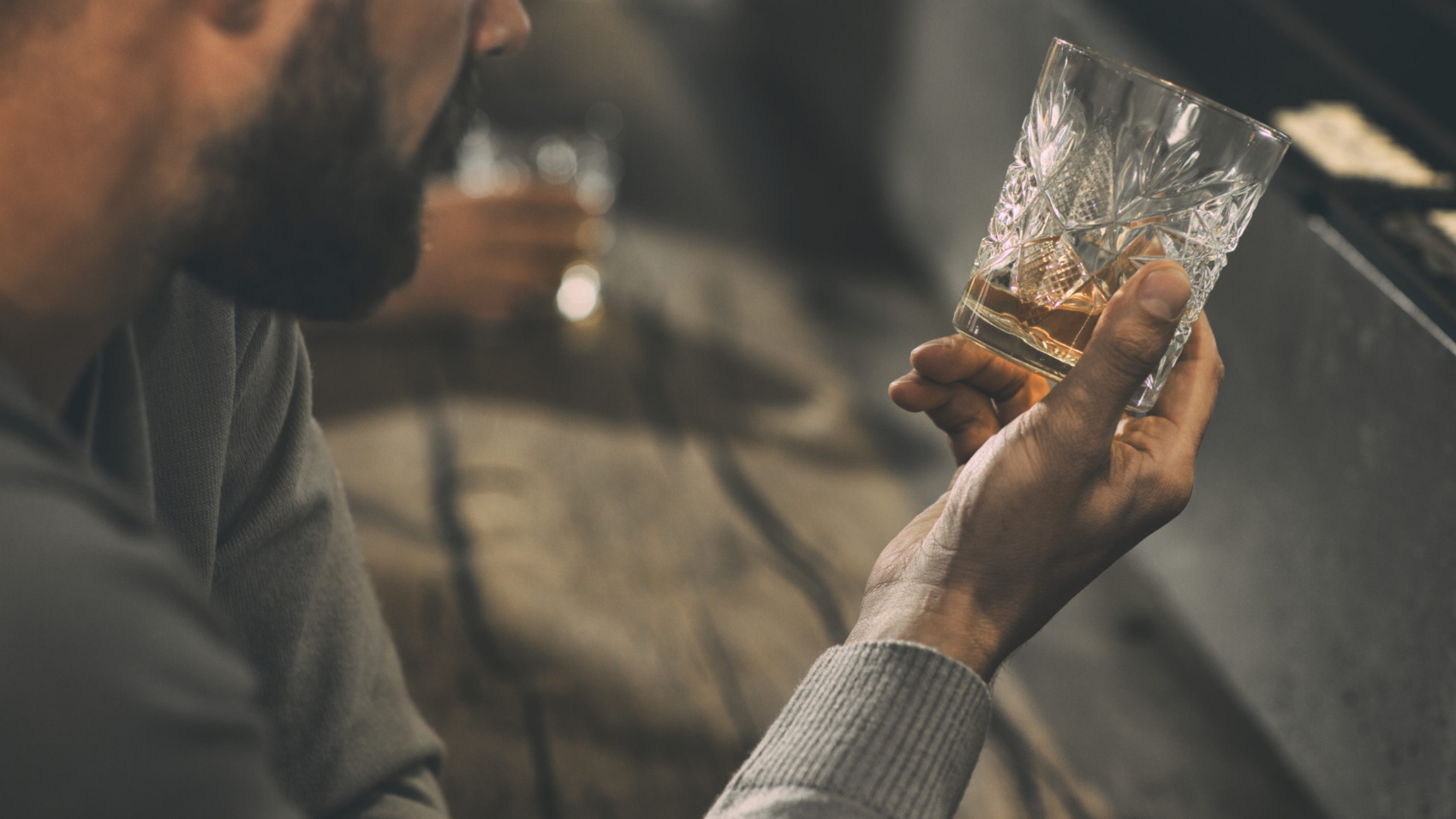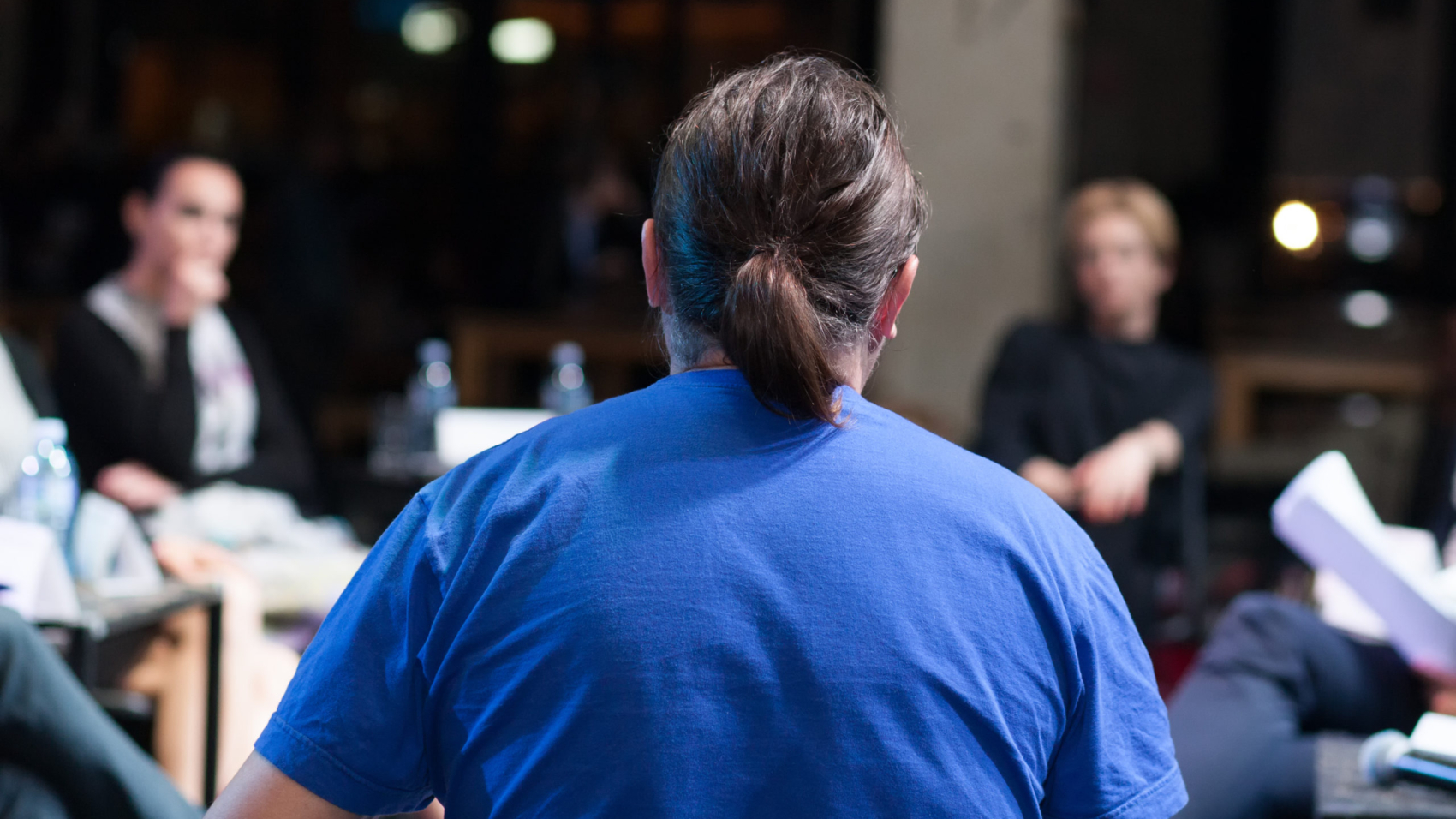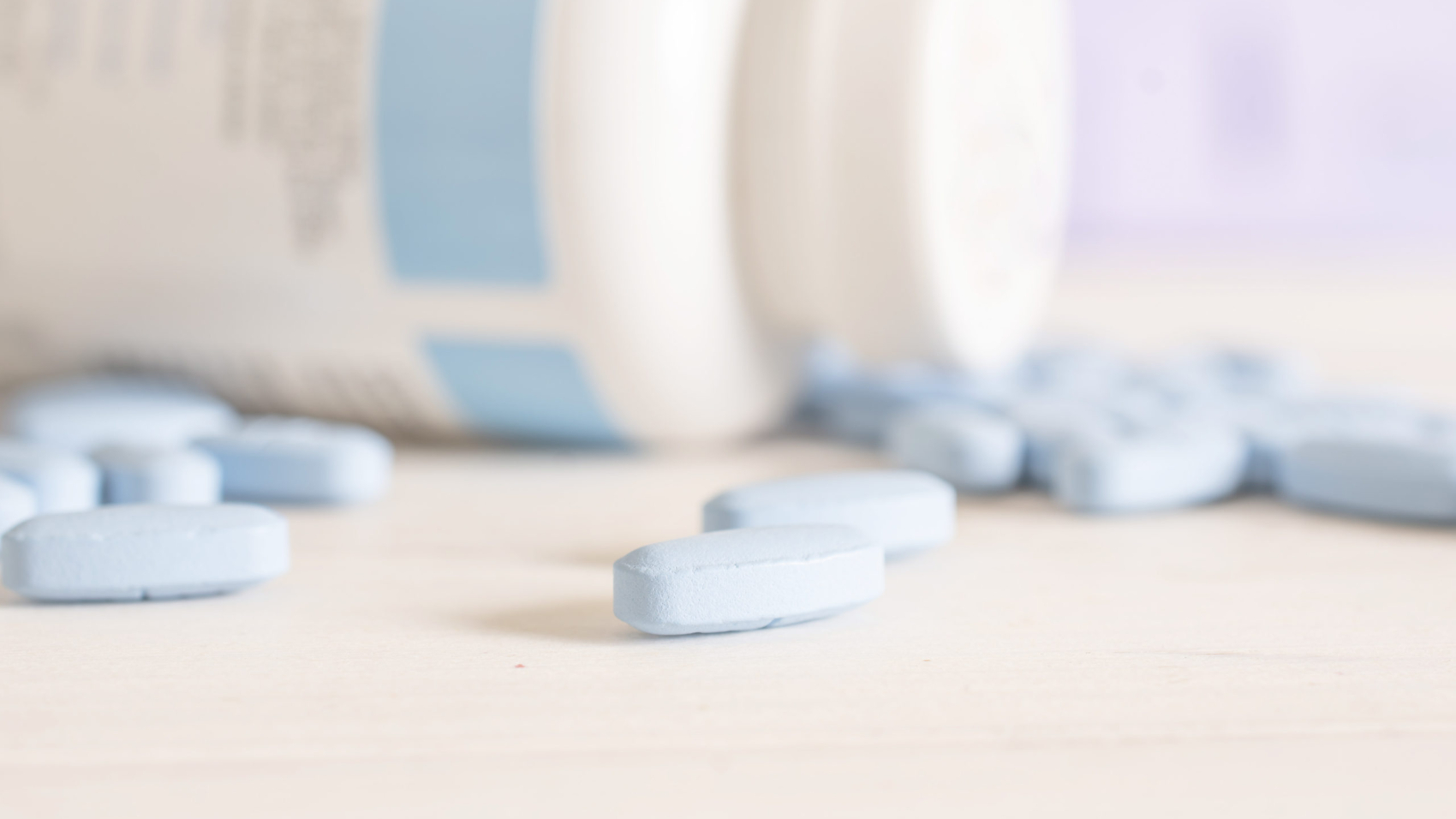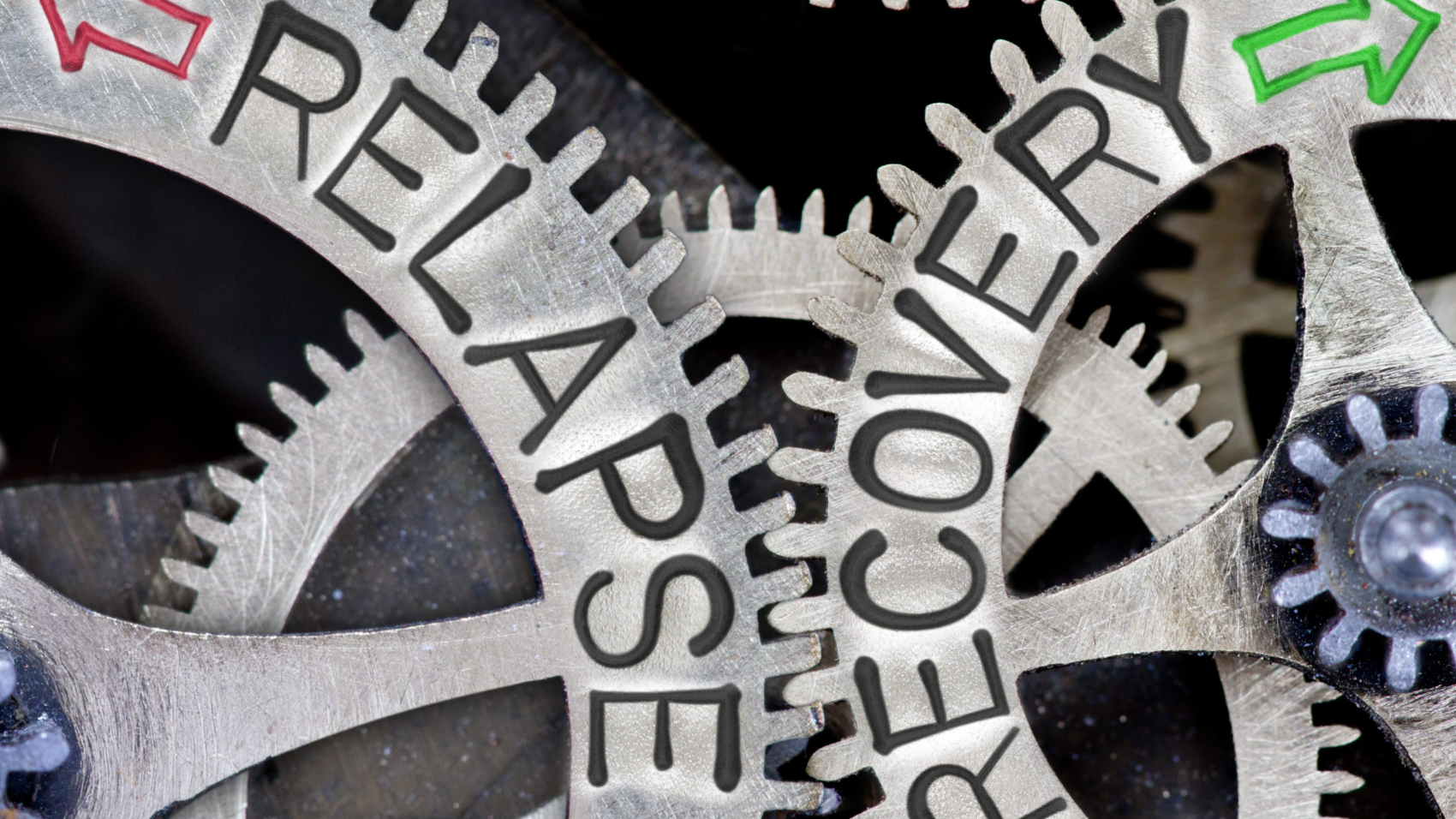Among the many resources, you will find in trying to get sober, Alcoholics Anonymous is one that you will likely hear mentioned repeatedly. Founded more than eighty years ago, Alcoholics Anonymous has been instrumental for millions getting sober. A quick look at the program helps us to understand the benefits of Alcoholics Anonymous. In addition to it being a free and accessible program, Alcoholics Anonymous has meetings worldwide multiple times per day. In fact, meetings may be found every hour of the day in some major metropolitan areas. Finding the right Alcoholics Anonymous group for yourself is a little bit like trying on clothes. You will want to try out multiple groups until you find one that suits you. Each group has its own personality. At The Last House, we know the importance that twelve-step groups can play in long-term recovery. We are happy to help you explore the Alcoholics Anonymous meetings in the area and help you find the right one for you.
What Are the Benefits of Alcoholics Anonymous?
One of the reasons you will hear so much about Alcoholics Anonymous and other twelve-step recovery programs is their availability and accessibility. In 2012, Alcoholics Anonymous estimated nearly 64,000 groups with almost 1.5 million members in the United States and Canada. But it’s not just about the numbers; it’s about the program. Alcoholics Anonymous has its foundation in service. One of the basic tenets of Alcoholics Anonymous is that you have to “give it away to keep it.” This means that to keep your own sobriety, you have to help someone else get or keep theirs. By attending meetings regularly, you will build a support network and become a part of the recovery community. In a survey of its members, Alcoholics Anonymous found that roughly one-third of its members have one to five years of continuous sobriety and attend two to four meetings per week. It is this regular attendance at meetings that seems to unlock the benefits of Alcoholics Anonymous.
What Are Other Ways to Ensure Long-Term Recovery?
Ensuring long-term recovery involves more than just applying the benefits of Alcoholics Anonymous teachings. Long-term recovery requires change at all levels. Many who find their way to recovery see that they must change the people they interact with, the job at which they work, and/or the home they live in. While not all must change everything, the point is to change those things that may trigger you into a relapse. If you associate your friends with using drugs and alcohol, you may need to stop spending time with those friends. Likewise, if you’re living in a home where drug and alcohol use is the norm, you may need to find a place to live that better supports your sobriety. And if your place of employment also happens to employ your dealer, you’ll want to move onto a new job opportunity. The goal is to structure your life and your surroundings in a way that supports long-term recovery. While you can go to several Alcoholics Anonymous meetings each day, you also have to learn how to live outside of the meetings.
Why You Should Live in a Sober Living House
The Last House is a network of structured sober living homes in the heart of West Los Angeles. We believe in providing our clients with the tools to have a meaningful life and participate in their sobriety. Activities such as service commitments, sober parties, conventions, dances, and house outings are all a part of helping you learn how to have fun in sobriety. Composed of active members of the Los Angeles Sober Living community, our staff is familiar with many recovery support groups in the area. So if you’re wondering how to create your sober life, The Last House is here to help.










